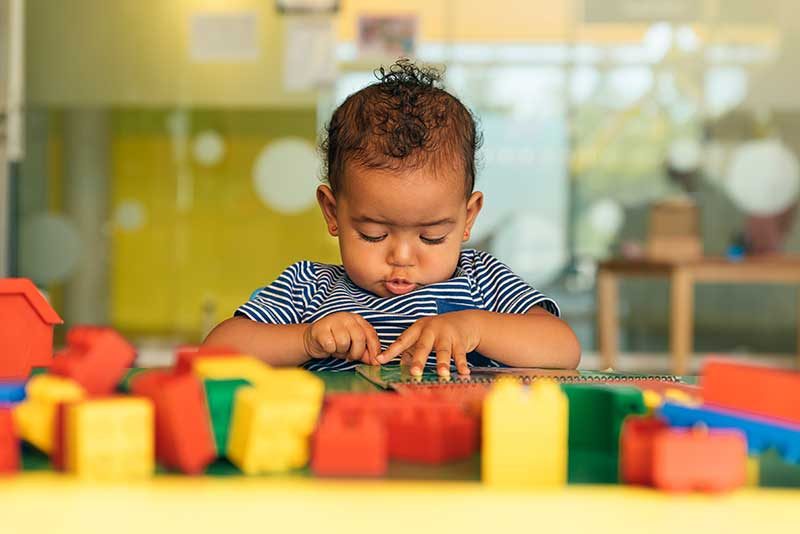Early childhood is a time of substantial growth and change, therefore developmental milestones are an important part of a child’s progress. These milestones serve as indicators of a child’s growth in a variety of areas, including physical, cognitive, communication, social, and emotional. Understanding these milestones can assist parents and caregivers in recognizing normal child development patterns and detecting any developmental problems early. This article delves into how to identify and effectively correct developmental delays to ensure that every kid has the best start in life.
Understanding the developmental milestones
Developmental milestones are actions or physical skills that newborns and toddlers demonstrate as they grow and develop. Rolling over, crawling, walking, and talking are all considered developmental milestones. Early childhood educators and physicians utilize these milestones to assess a child’s development and identify potential issues that require additional treatment.
Recognizing developmental delays and potential delays
- Physical Delays: When a youngster falls considerably behind in developing motor skills such as sitting, standing, walking, or coordinating motions.
- Cognitive Delays: Difficulties solving problems or playing with toys in an age-appropriate manner may indicate a developmental delay.
- Communication Delays: Delays in speech and language development, such as not babbling by 12 months or not utilizing single words until 16 months.
- Social and emotional delays occur when a kid struggles to make eye contact, does not smile, or does not participate in simple social activities such as peek-a-boo by a specific age.
It’s important to remember that children develop at their own rate, and missing a developmental milestone at the “typical” age isn’t always cause for alarm. However, repeatedly seeing various symptoms of delay may necessitate a consultation with a healthcare expert.
Addressing Developmental Delays through Early Intervention
Early detection and intervention are critical for effectively dealing with developmental impairments. Interventions vary greatly based on the nature and severity of the delay, but they typically include focused techniques aimed at improving development.
- Therapy Options: Depending on the delay, therapies may include physical therapy (to help with motor skills), speech therapy (to help with communication difficulties), or occupational therapy (to enhance daily skills).
- Educational Interventions: Specialized educational programs or preschools that address certain developmental issues.
- Home Activities: Parents and caregivers can participate in specialized activities recommended by specialists to encourage skill development.
Collaboration With Professionals
Parents should collaborate closely with their child’s pediatrician and maybe other child development specialists. Pediatricians can help parents navigate the early intervention process, which includes evaluations and the creation of an intervention plan specific to the child’s needs.
The Importance of Parental Support
Parents and primary caregivers play an important influence in their child’s development. Being proactive in recognizing developmental progress and potential delays can have a major impact. Engaging with children via play, conversation, and age-appropriate activities promotes their development and tackles any delays that arise.
Early infancy is a critical period of development, and recognizing developmental milestones is essential for keeping children on track. Recognizing and correcting developmental impairments early on with appropriate interventions can have a significant impact on a child’s capacity to achieve their full potential. While it might be upsetting for parents to think that their kid may be delayed, preemptive intervention can frequently result in better outcomes, allowing each child to develop into their full potential.
